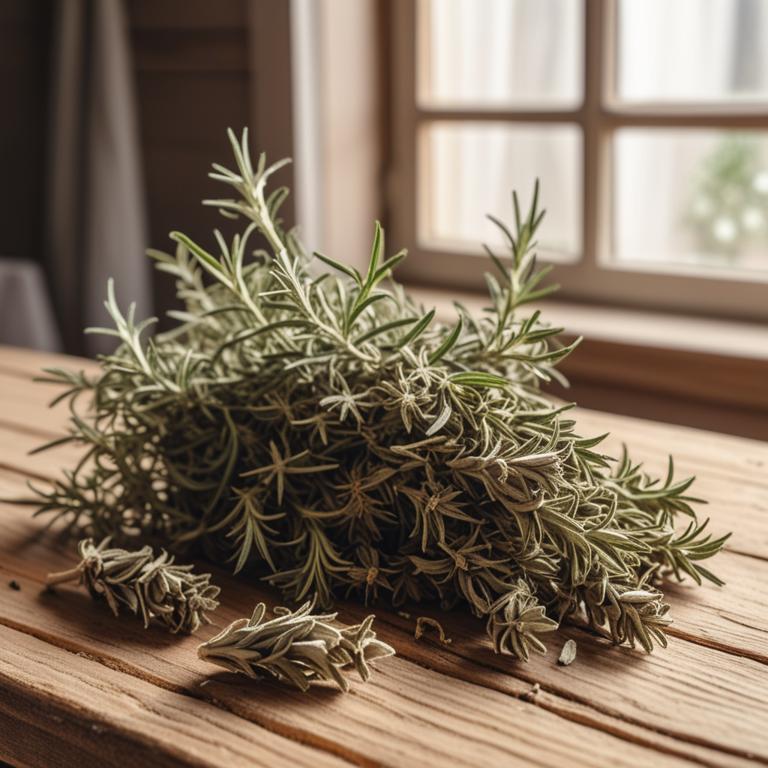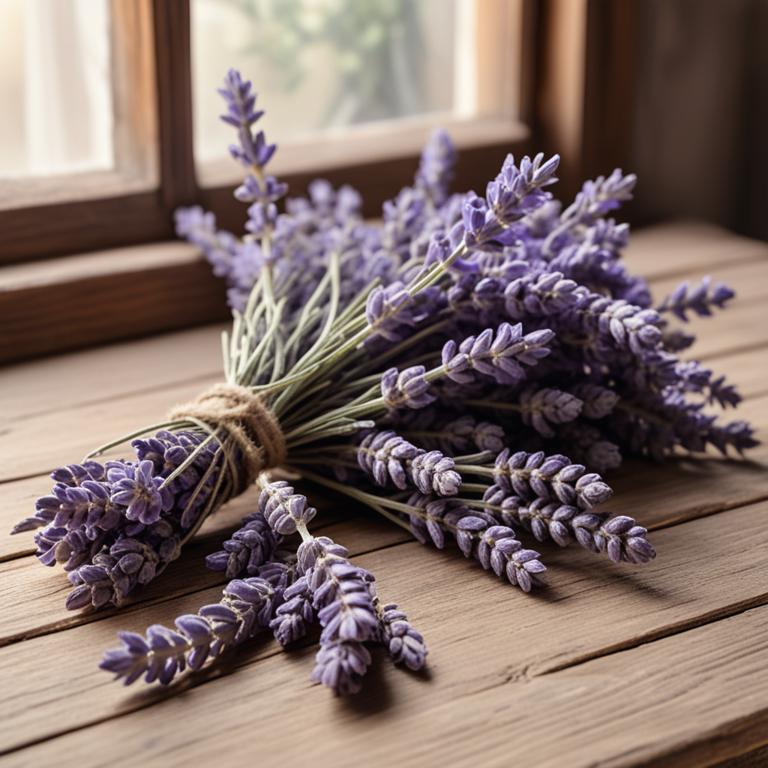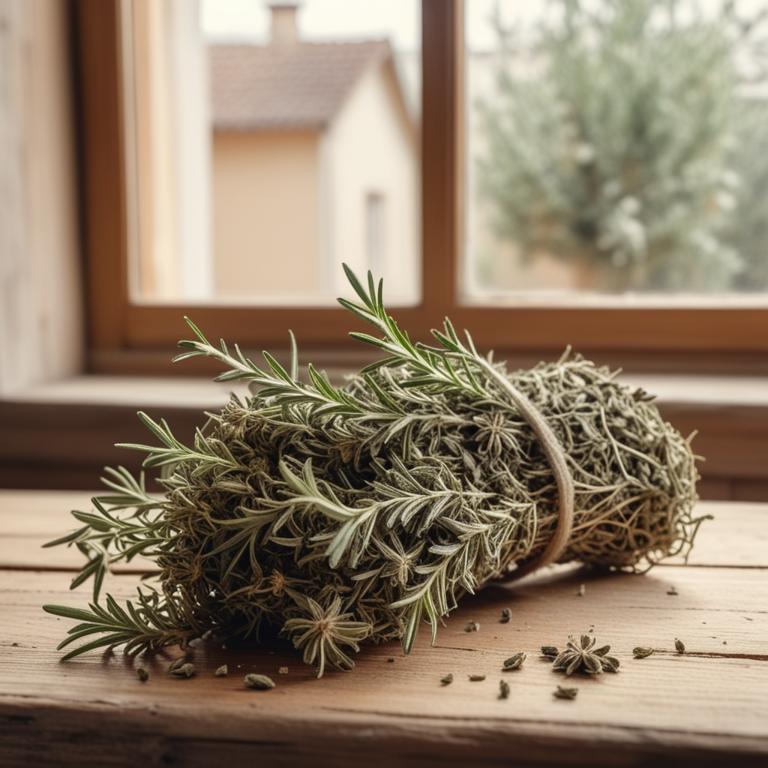Updated: Dec 1, 2024
Ingrown Toenail: Causes, Symptoms, and Herbal Preparations for Relief
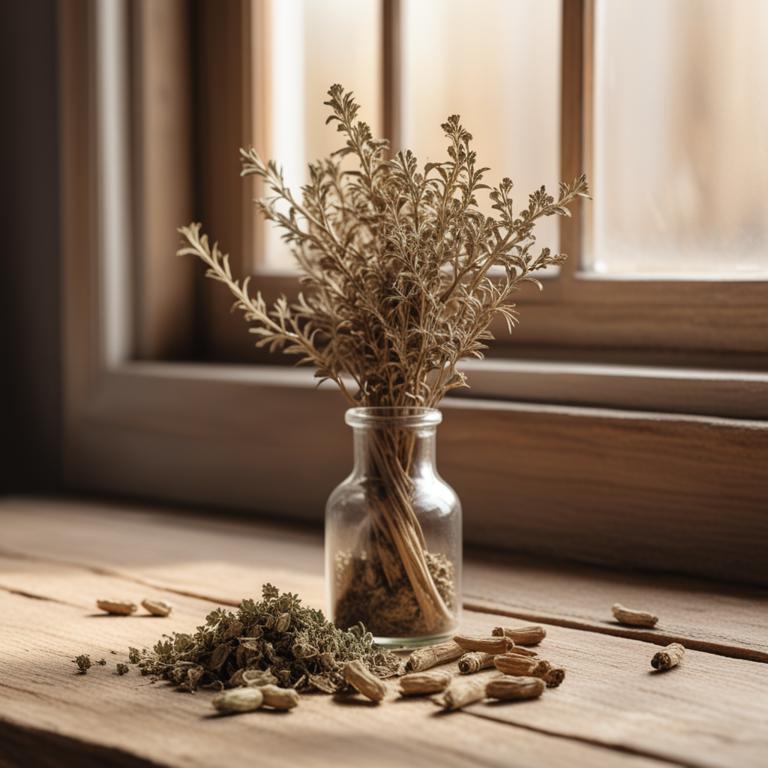
An ingrown toenail is a painful condition where the edge of the nail grows into the skin, causing redness, swelling, and sometimes even infection.
It can be really uncomfortable, especially when you're walking or wearing shoes. If left untreated, it can lead to more serious problems, like pus-filled abscesses or even diabetes complications. Ingrown toenails are often caused by poorly fitting shoes, nail biting, or cutting the nails too short. When it comes to treating ingrown toenails naturally, herbal remedies can be a great option.
Certain herbs have anti-inflammatory and antimicrobial properties that can help soothe the pain and prevent infection. For example, tea tree oil has antiseptic properties that can help combat bacterial growth, while aloe vera gel can reduce swelling and promote healing. You can use these herbs in various forms, such as making a warm foot bath with tea tree oil and aloe vera, or applying a paste of turmeric and tea tree oil directly to the affected area. Drinking a tea made from calendula flowers can also help to reduce inflammation and promote wound healing.
Some people also use a poultice made from comfrey leaves to draw out the infection and promote new tissue growth.
Table of Contents
What causes ingrown toenail to form?
The main causes of ingrown toenail are a combination of factors that lead to discomfort and pain.
Toe shape is one of the main causes, as people with curved or pointed toes are more prone to ingrown toenails. This is because the nail plate can easily grow into the skin at the edge of the toe. The shape of the nail plate itself is also a contributing factor.
If the nail plate is thick or curved, it can put pressure on the surrounding skin, causing irritation and inflammation. Shoe size is another common cause, as wearing shoes that are too tight can put pressure on the toes, causing the nail to grow into the skin. Similarly, toe length can also play a role, as people with shorter toes may be more prone to ingrown toenails due to the nail plate being closer to the skin. Finally, pressure on the toe, whether from tight shoes or repetitive activities, can also cause ingrown toenails.
This pressure can cause the nail plate to grow into the skin, leading to pain and infection.
What are the benefits of using herbs as a treatment for ingrown toenail?
Using these special plants for ingrown toenail can be really helpful.
They have anti-inflammatory properties, which means they can reduce swelling and pain. This helps to make the area feel better and can even speed up healing.
Some of these plants also have antiseptic properties, which help to prevent infection and keep the area clean. This is especially important when you have an ingrown toenail, as it can easily become infected if not taken care of. These plants can also help to soften the skin around the nail, making it less likely to become ingrown again in the future.
Additionally, some of them can even help to reduce redness and itching, making it more comfortable to walk around and go about your daily activities.
What are the main medicinal plants for ingrown toenail treatment?

When it comes to treating ingrown toenails, herbs can be a great natural alternative to harsh chemicals.
One of the best herbs for this issue is Aloe vera. Its soothing gel can help reduce swelling and pain by drawing out excess moisture and promoting healthy skin. Aloe vera also has anti-inflammatory properties that can calm the skin and prevent further irritation. Another herb that can help is Melaleuca alternifolia, also known as tea tree oil. Its antibacterial and antifungal properties can help prevent infection and promote a healthy environment for the nail to grow. This can be especially helpful if you've already developed an infection. Calendula officinalis, or pot marigold, is another herb that's commonly used to treat skin conditions. Its anti-inflammatory and antiseptic properties can help soothe the skin and prevent infection.
You can apply a calendula ointment or cream directly to the affected area to help speed up the healing process. Echinacea purpurea is an herb that's often used to boost the immune system, but it can also help with wound healing. Its anti-inflammatory properties can help reduce pain and swelling, while its antiseptic properties can prevent infection. Echinacea can be consumed as a tea or taken as a supplement to help promote overall health. Finally, Aloe barbadensis, or Indian aloe, has similar properties to Aloe vera. Its soothing gel can help reduce pain and swelling, while its anti-inflammatory properties can calm the skin. You can apply the gel directly to the affected area to help speed up the healing process. It's worth noting that while these herbs can be helpful in treating ingrown toenails, they may not completely eliminate the problem.
If your condition persists or worsens, it's always best to consult a healthcare professional for proper diagnosis and treatment.
What are the most widely used herbal remedies for ingrown toenail?
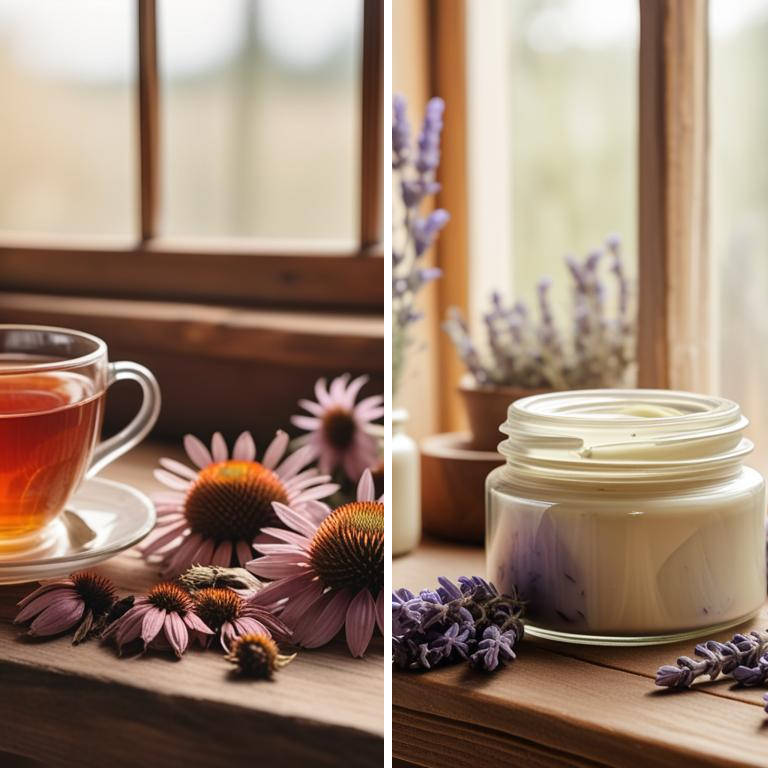
Herbal preparations can be very helpful in treating ingrown toenails.
For example, a decoction made from goldenseal root can be effective in reducing inflammation and fighting off infections that can cause the nail to become ingrown. This is because goldenseal has antibacterial properties that can kill off bad bacteria and other germs that can cause infection. Tea made from plantain leaves can also be soothing for an ingrown toenail. Plantain has anti-inflammatory properties that can help reduce swelling and redness, making it feel more comfortable. You can soak your foot in a warm tea bath or apply a cooled tea compress directly to the affected area. Another option is an infusion made from calendula flowers.
Calendula has antiseptic properties that can help clean and heal the skin around the nail, reducing the risk of infection. It can also promote the growth of healthy skin tissue, which can help the nail grow back straight. If you prefer a topical application, you can try a cream made from tea tree oil. Tea tree oil has antibacterial properties that can help kill off bad bacteria and other germs that can cause infection. It can also help reduce inflammation and promote the healing of the skin around the nail. Finally, an ointment made from aloe vera can be very soothing for an ingrown toenail. Aloe vera has anti-inflammatory properties that can help reduce swelling and redness, making it feel more comfortable.
It can also promote the healing of the skin around the nail, reducing the risk of infection.
Additional Resources:
What herbs can exacerbate an ingrown toenail?
If you have an ingrown toenail, it's best to be careful with certain herbs.
Glycyrrhiza glabra, also known as licorice root, can make your body hold onto water, which can cause swelling and discomfort in your foot. This can make your ingrown toenail worse. Urtica dioica, or stinging nettle, can make your blood vessels swell, which can increase blood flow to your foot. This can cause more pain and redness around your ingrown toenail. Hypericum perforatum, or St. John's Wort, can thin your blood, which can make it harder for your body to heal your ingrown toenail.
This can lead to more bleeding and inflammation. Zingiber officinale, or ginger, can make your blood vessels swell, similar to stinging nettle. This can cause more pain and redness around your ingrown toenail. Eucalyptus globulus can be too harsh for your skin, especially if you have an open wound from your ingrown toenail. It can cause irritation and make your skin more sensitive. In general, it's a good idea to talk to a doctor or a qualified herbalist before using any herbs, especially if you have a medical condition like an ingrown toenail.
They can help you choose herbs that are safe and won't make things worse.
FAQ
Are there any specific herbs that can prevent ingrown toenail?
To help prevent ingrown toenails, some people find that tea tree oil helps keep the skin around the nail area clean and free from bacteria.
Epsom salt baths can also reduce inflammation and promote healthy nail growth.
These natural remedies may be helpful in preventing ingrown toenails from forming.
Is it safe to use herbal remedies for ingrown toenail during pregnancy?
During pregnancy, it's generally recommended to be cautious with herbal remedies.
Some herbs can affect the fetus or cause other complications. For an ingrown toenail, you might consider soaking your foot in warm water and gently cleaning the area.
Some herbal remedies can be too harsh for your body, so it's best to be safe and try gentle, natural methods first.
Are there any herbs that can reduce the frequency of ingrown toenail?
Tea tree oil has been found to help reduce the frequency of ingrown toenails.
It has antibacterial properties that can prevent infections. Some people also use calendula oil, which soothes and calms the skin.
Applying these oils to the affected area may help alleviate the problem and promote healthy nail growth.
Can i combine different herbal remedies for ingrown toenail?
You can combine different herbal remedies for ingrown toenails, but use them carefully.
For example, tea tree oil's antibacterial properties can be paired with aloe vera's soothing effects to reduce swelling and pain.
Epsom salt baths can also be added to help draw out infection and promote healing, but be sure to follow the directions for each remedy.
Related Articles
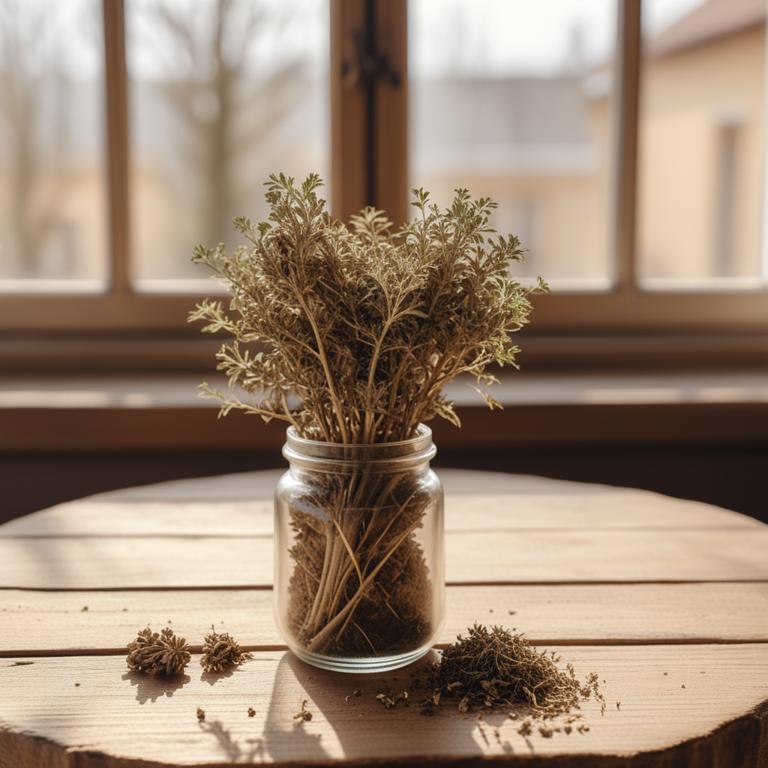
Causes and Remedies for Dark Lips: Medicinal Herbs and Herbal Preparations
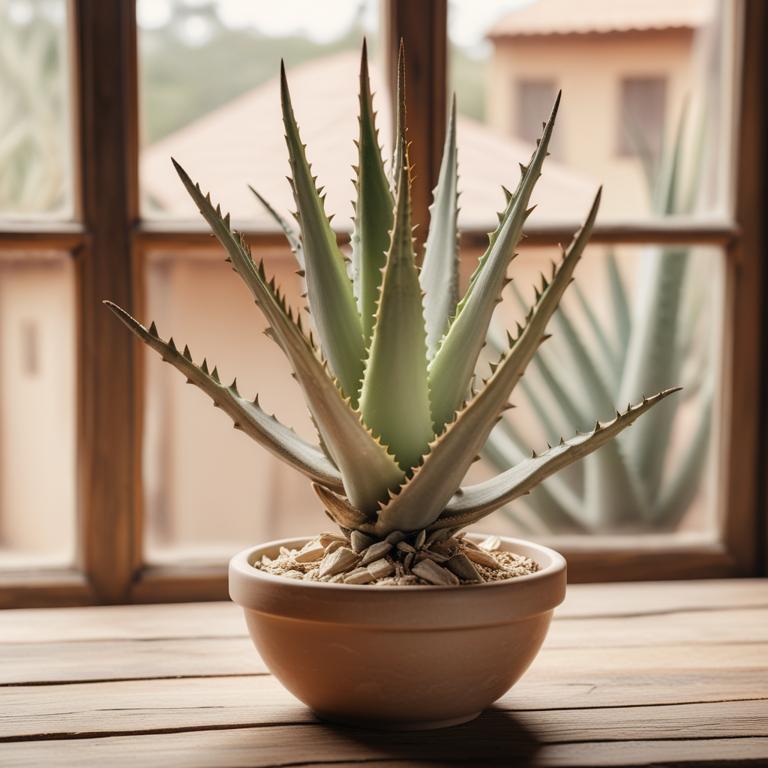
Causes and Herbal Remedies for Psoriasis: A Comprehensive Guide
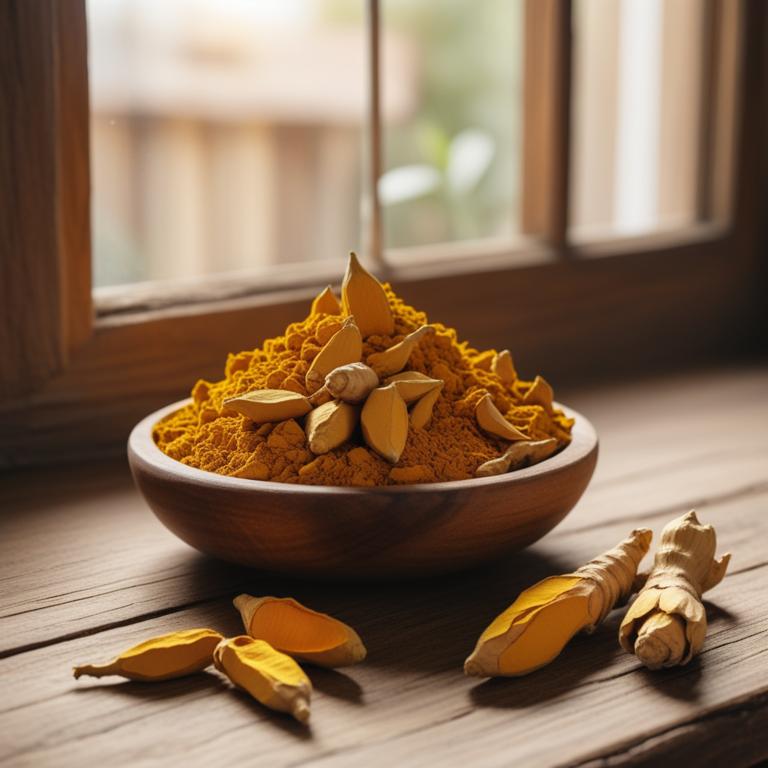
Shingles Causes and Herbal Preparations for Relief

Ingrown Toenail: Causes, Symptoms, and Herbal Preparations for Relief
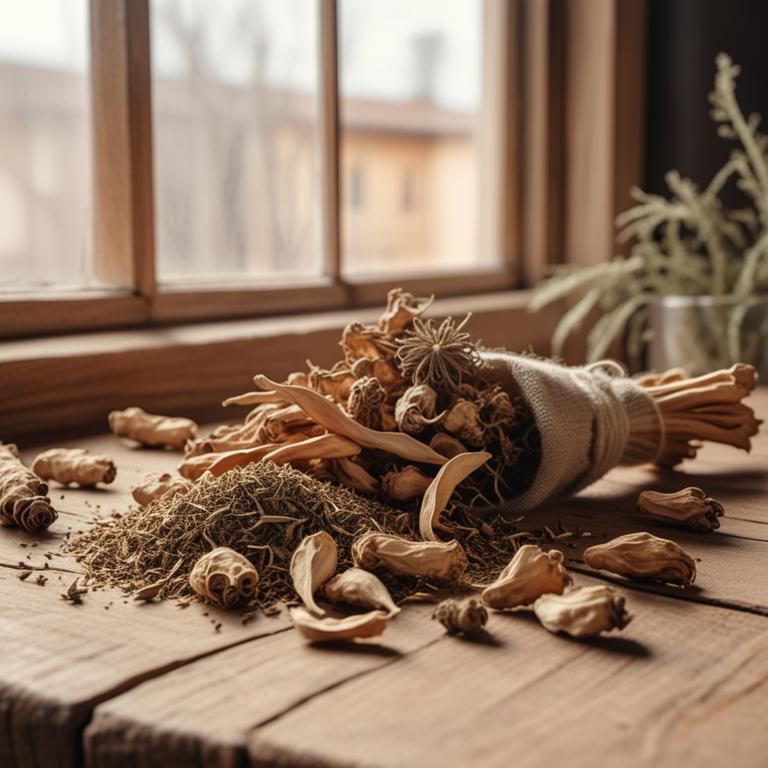
Fever Blister on Lip: Causes, Herbal Preparations, and Home Remedies for Relief
